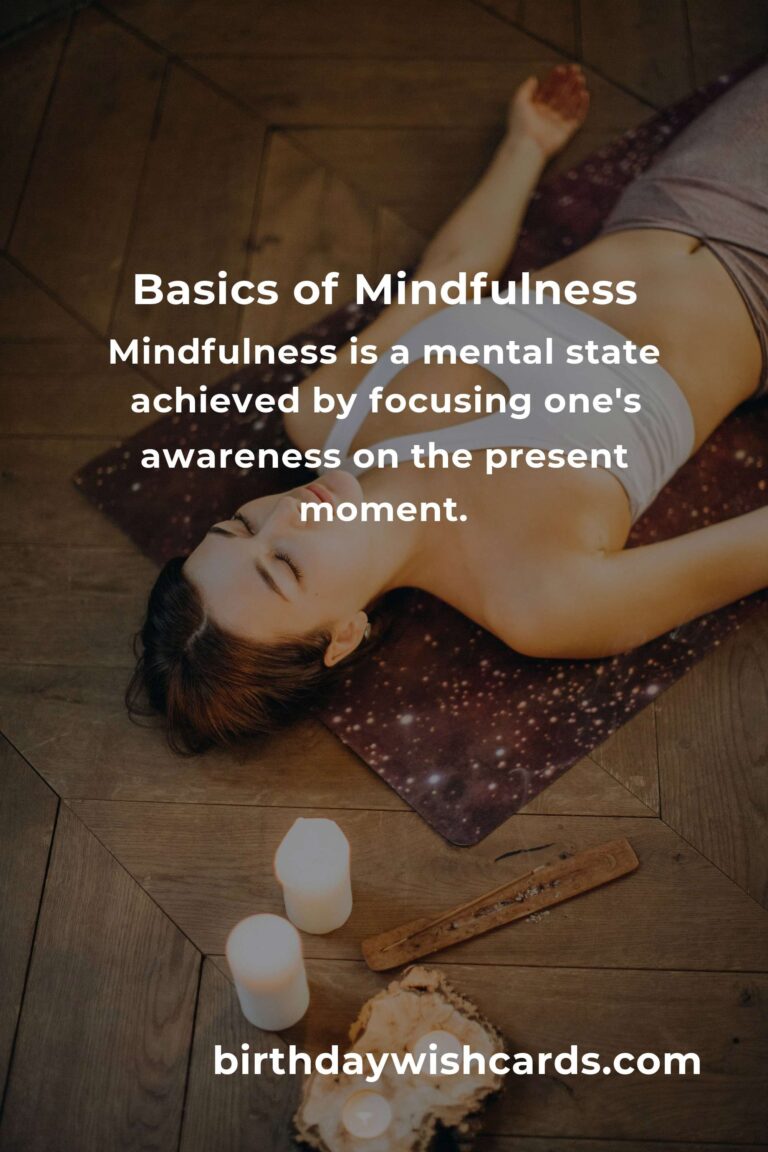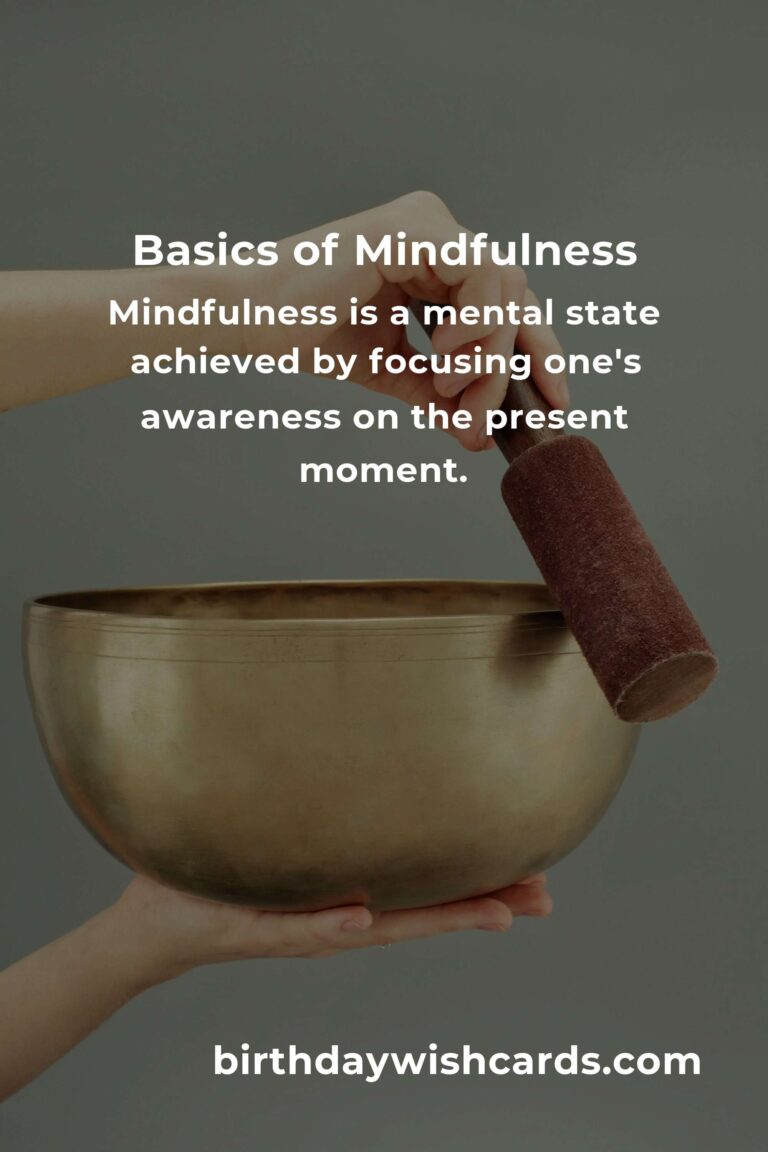
Mindfulness is a mental state achieved by focusing one’s awareness on the present moment, while calmly acknowledging and accepting one’s feelings, thoughts, and bodily sensations. It is a powerful tool for enhancing well-being and has been practiced for thousands of years, with roots in Buddhist meditation.
What is Mindfulness?
Mindfulness refers to the practice of being aware and present in the moment without judgment. It involves paying attention to your thoughts, emotions, and physical sensations in a non-reactive way. This practice helps individuals become more aware of their habitual reactions and can promote a greater sense of balance and peace.
The Origins of Mindfulness
Mindfulness has its origins in ancient meditation practices. It is most closely associated with Buddhism, where it is a core component of the path to enlightenment. However, mindfulness has been adapted into various secular forms and is now commonly used in therapeutic and wellness contexts.
The Benefits of Practicing Mindfulness
Practicing mindfulness has numerous benefits. It can reduce stress, enhance emotional health, improve focus and concentration, and promote a greater sense of well-being. Regular mindfulness practice has also been shown to improve sleep, boost the immune system, and increase overall life satisfaction.
How to Practice Mindfulness
There are many ways to practice mindfulness, and it can be incorporated into daily life. One simple method is mindful breathing, where you focus on your breath as it flows in and out. You can also practice mindful walking, eating, or listening. The key is to engage in whatever activity you choose with full awareness and presence.
Mindfulness Meditation
Mindfulness meditation is a formal practice of mindfulness that usually involves sitting quietly and focusing on the breath. During this practice, you might notice thoughts, feelings, or sensations, and the objective is to observe them without judgment, letting them pass without attachment.
Integrating Mindfulness into Daily Life
Mindfulness can be integrated into daily life by being fully present in everyday activities. Whether you are eating, walking, or talking, try to engage with your actions with full awareness. This helps in creating a habit of mindfulness that can extend to all areas of your life.
Challenges in Practicing Mindfulness
While mindfulness is beneficial, it can be challenging to maintain consistent practice. Common challenges include restlessness, boredom, and distraction. To overcome these, it is important to approach mindfulness with patience and persistence, understanding that it is a skill that develops over time.
Conclusion
Understanding and practicing mindfulness can lead to a more balanced and harmonious life. By being present and aware, people can manage stress more effectively and enjoy a greater sense of peace and contentment. Whether through meditation or integrating mindfulness into daily activities, this practice offers profound benefits for mental and physical health.
Mindfulness is a mental state achieved by focusing one’s awareness on the present moment. It involves paying attention to your thoughts, emotions, and physical sensations in a non-reactive way. Practicing mindfulness has numerous benefits, including reducing stress and enhancing emotional health. Mindfulness meditation is a formal practice that usually involves sitting quietly and focusing on the breath. Integrating mindfulness into daily life helps in creating a habit of mindfulness that can extend to all areas of life.
#Mindfulness #MentalHealth #Meditation #WellBeing #StressReduction













